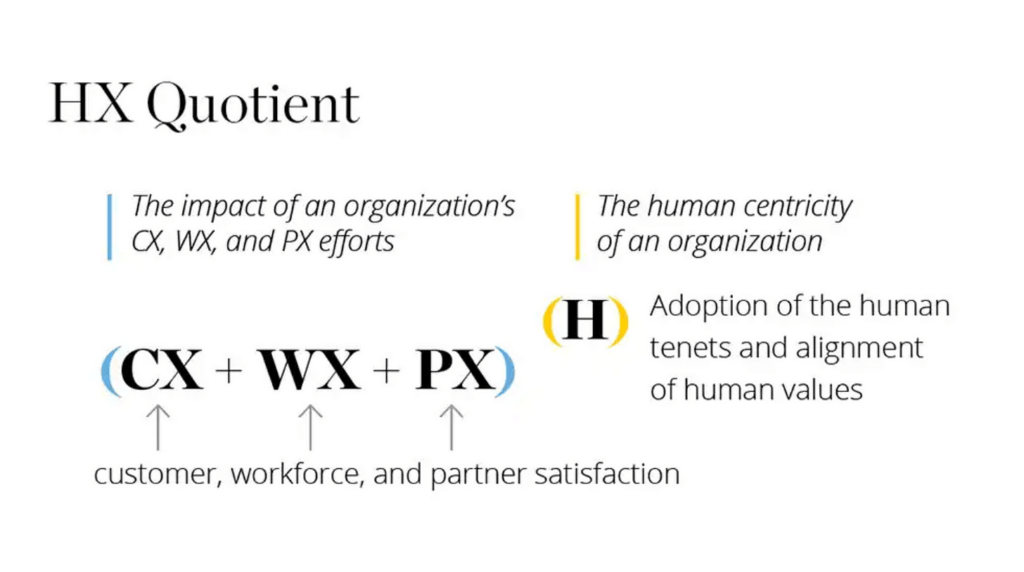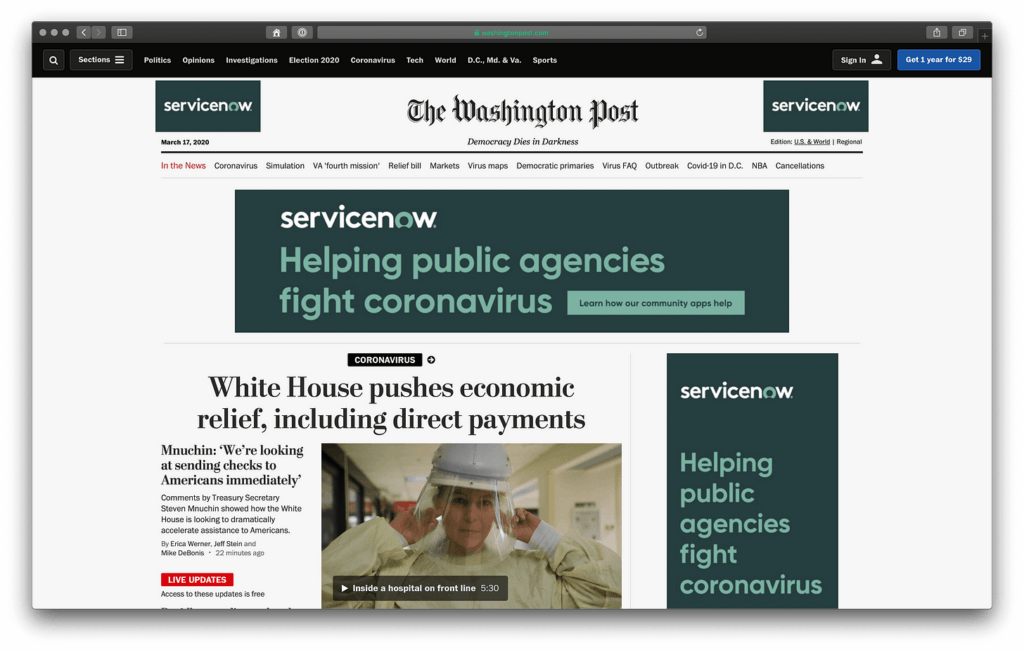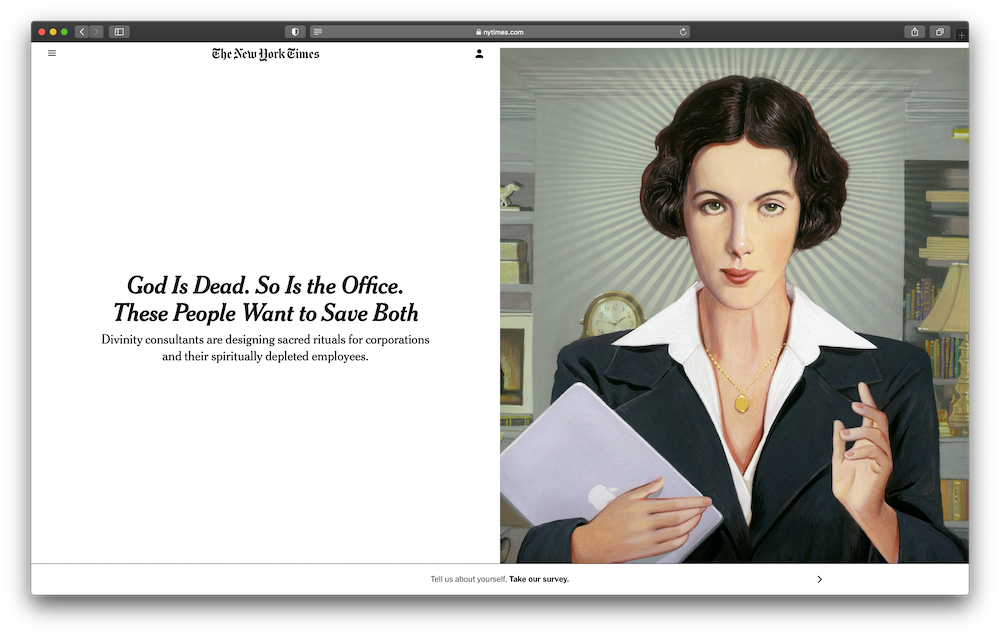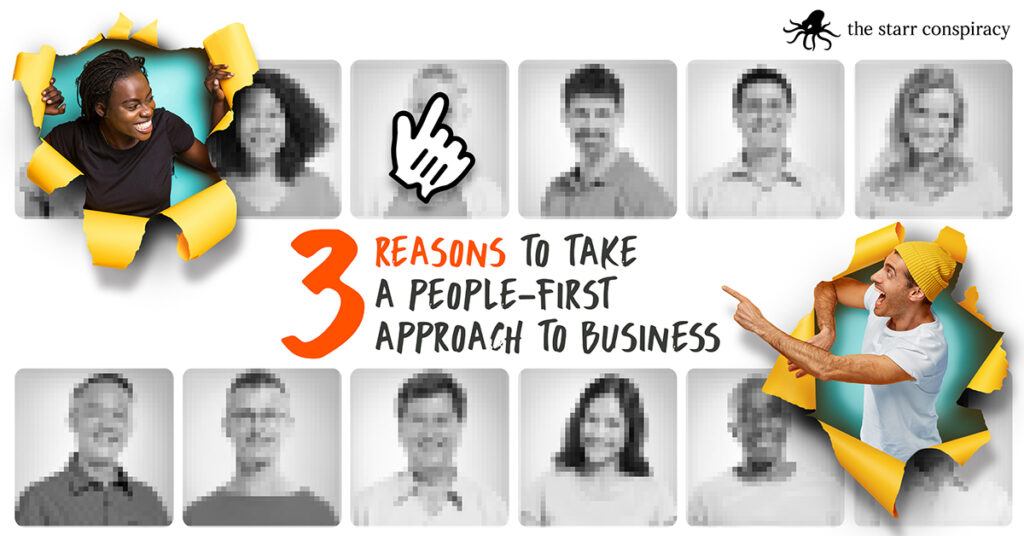One of the things I love most about business is how tangible the world becomes. “What’s your budget for the project? What’s the timeline? What are our next steps?”
Breaking down your tasks into the simplest components, quantifying the next steps, and creating clear paths forward — that’s the way to make the world a better place.
However, you can’t quantify everything.
A few years ago, researchers at Deloitte whittled down the human experience into an algorithm.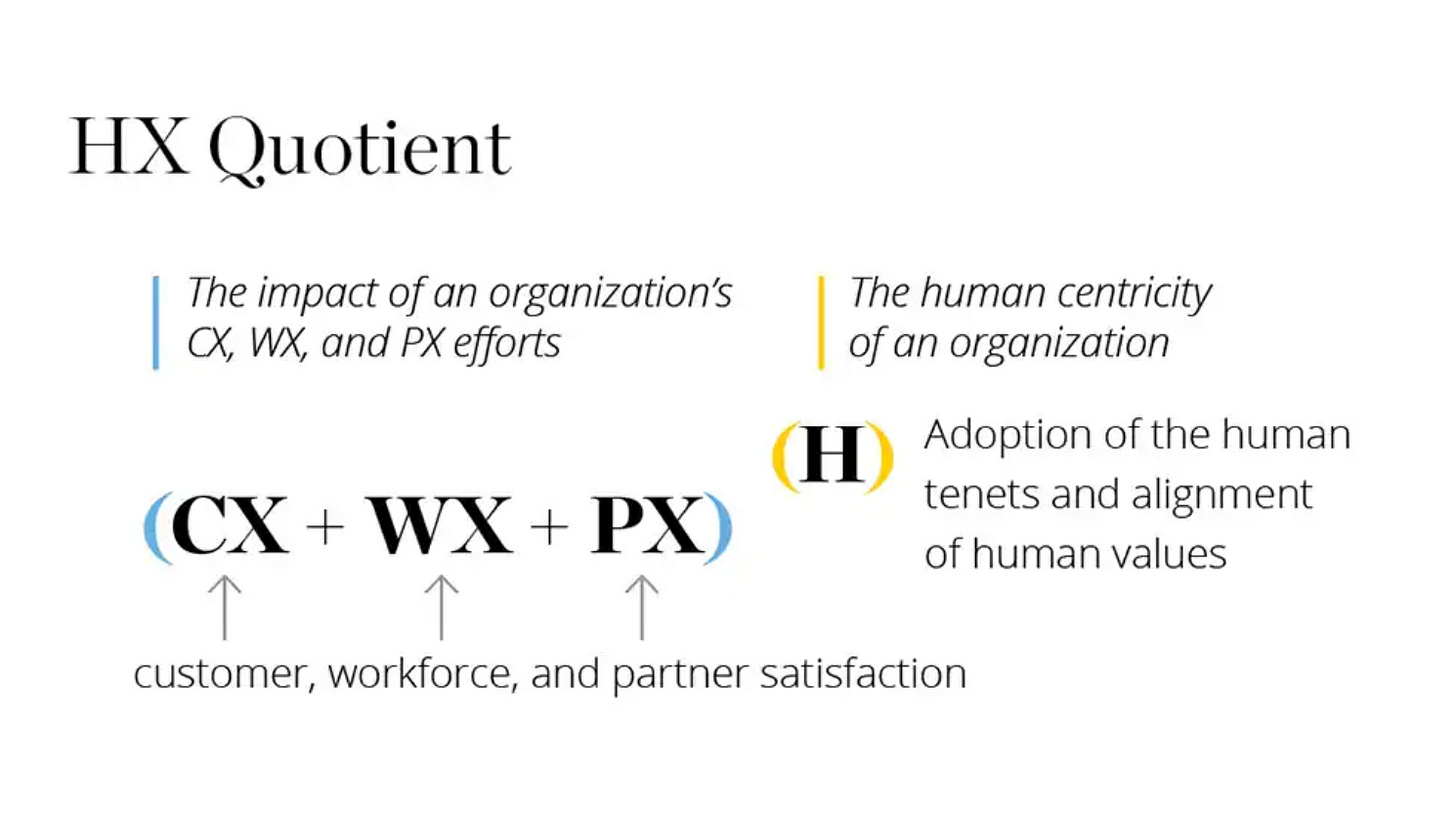
Business leaders today need a much wider toolkit, a more expansive vocabulary that includes spirituality, theology, philosophy, and ethical considerations when making decisions, especially in the age of “context collapse.” These pursuits aren’t easily quantifiable, if they are at all.
The technology community emphasizes using science, data, and analytics, which are very helpful tools. Like all tools, though, they have their limits. That’s when you need to rely on other domains of knowledge — even the humanities — to get things done.
I’ll let the CEO of Google say it best.
In November 2018, The New York Times asked Sundar Pichai what he thinks about the optimism of the tech industry to solve the world’s problems.
Do you still feel like Silicon Valley has retained that idealism that struck you when you arrived here?
There’s still that optimism. But the optimism is tempered by a sense of deliberation. Things have changed quite a bit. You know, we deliberate about things a lot more, and we are more thoughtful about what we do. But there’s a deeper thing here, which is: Technology doesn’t solve humanity’s problems. It was always naïve to think so. Technology is an enabler, but humanity has to deal with humanity’s problems. I think we’re both over-reliant on technology as a way to solve things and probably, at this moment, over-indexing on technology as a source of all problems, too.
Today, remember to quantify what you can — that it’s good and right to do so. But qualify everything else. Instead of using a performance review or NPS score, stop by and have a chat with a coworker to see how they feel their work is going.
A simple conversation may even increase your productivity numbers for the day.

